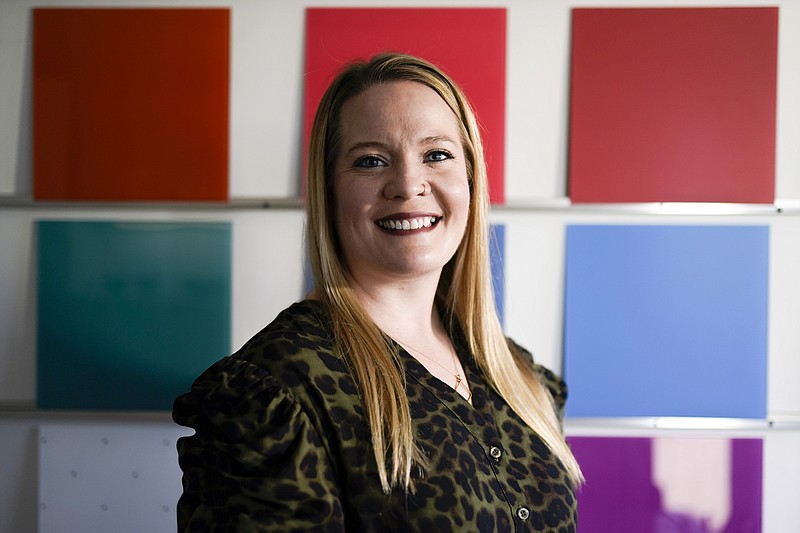Instead of offering one or more options, some companies are turning health insurance shopping over to employees.
A federal rule change last year stoked this new approach. It allows employers to reimburse workers for coverage they bought without paying a tax penalty.
The concept sends employees to individual insurance markets where they can find more choices for coverage. It also protects employers from huge annual cost spikes. But it's a big change for workers who are used to having their employer give them benefit choices every year.
This new approach -- known as an Individual Coverage Health Reimbursement Arrangement -- started with coverage plans for this year. More workers likely will see them offered this fall during their companies' annual sign-up window for 2021 coverage.
Benefits experts say the idea is drawing interest from employers, but they expect the option to grow slowly over the next few years.
"We are seeing much more cautious adoption of it," said Alan Silver, senior director of health and benefits for the consulting firm Willis Towers Watson.
Here's how it works: Employees pick a plan that works best for them, sometimes with help from an outside company hired by their employer. Then the employer reimburses them, at least partially, for the cost.
Benefits consultants say the accounts can be attractive to companies that have been hammered by insurance costs or want to offer benefits to attract new employees but haven't been able to afford them.
Element Designs, with about 65 employees, switched earlier this year. The Charlotte, N.C., custom-door maker was facing a 60% price increase for its old coverage plan. That would have followed a 50% increase from the year before.
The company couldn't absorb those increases. But human resources manager Kymberlee Hernandez said they also couldn't tell employees in the middle of the pandemic, "Hey guys, by the way, we're not going to have health care this year."
"This was definitely a good alternative for us," she said.
The company is reimbursing employees $500 per month for their coverage and another $300 if they have dependents.
Employee Olivia Banks found the new approach daunting at first. But a company hired by her employer, Take Command Health, helped Banks figure out which plans would include her doctors and what sort of expenses she could handle.
"The benefit on the other side is a plan that's tailored more towards you," said the account manager.
The federal government estimates that once employers get used to the new rule, more than 11 million workers and family members will get insurance this way.
That's a relatively small slice of the market for employer-sponsored health insurance, which covered about 157 million people last year, according to the nonprofit Kaiser Family Foundation.
HealthSherpa, a company that helps people find coverage in the insurance marketplaces, said it is working with more than 50 employers to start the coverage switch between this month and January.
The coronavirus pandemic has strained some employer budgets and made them start thinking about insurance alternatives, HealthSherpa co-founder Cat Perez said.
Like with most insurance plans, shoppers will have to read the fine print when they search individual coverage markets. A plan that seems like a bargain could require customers to pay several thousand dollars in deductibles before most coverage starts or deal with much bigger prescription bills than they are used to.
The new option is expected to grow first with small businesses and in places where employers think the insurance market offers enough coverage choices.




